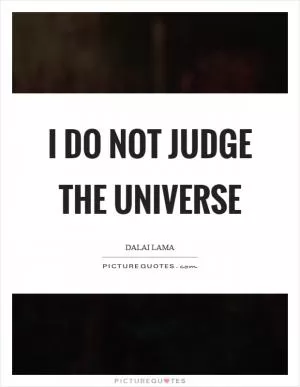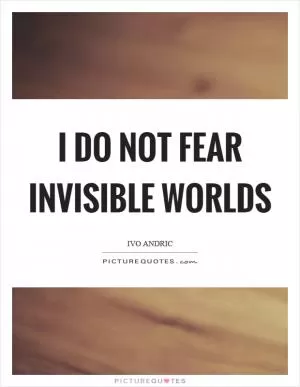I don't want to share you

I don't want to share you
"I don't want to share you." These words hold a deep and powerful sentiment that speaks to the fear of losing someone we hold dear to us. It conveys a sense of possessiveness and a desire to keep that person all to ourselves. It is a declaration of love and a plea for exclusivity in a relationship.When we say "I don't want to share you," we are expressing our need for security and assurance in our connection with that person. We want to feel special and valued, and we want to know that we are the only one in their heart. The thought of sharing them with others fills us with jealousy and insecurity, as we fear that we may not be enough for them.
This sentiment can stem from a variety of reasons, such as past experiences of betrayal or abandonment, low self-esteem, or simply a deep love and attachment to the person in question. It can also be a reflection of our own insecurities and fears of not being good enough or deserving of love.
However, it is important to remember that relationships are built on trust, communication, and mutual respect. While it is natural to feel possessive of someone we care about, it is also important to recognize that they are their own person with their own desires, needs, and boundaries. It is not healthy or sustainable to try to control or possess another person, as this can lead to feelings of resentment, suffocation, and ultimately, the demise of the relationship.
Instead of saying "I don't want to share you," it is more constructive to communicate openly and honestly with our partner about our feelings and concerns. By expressing our needs and fears in a healthy and respectful way, we can work together to build a strong and trusting relationship based on mutual understanding and support.












 Friendship Quotes
Friendship Quotes Love Quotes
Love Quotes Life Quotes
Life Quotes Funny Quotes
Funny Quotes Motivational Quotes
Motivational Quotes Inspirational Quotes
Inspirational Quotes